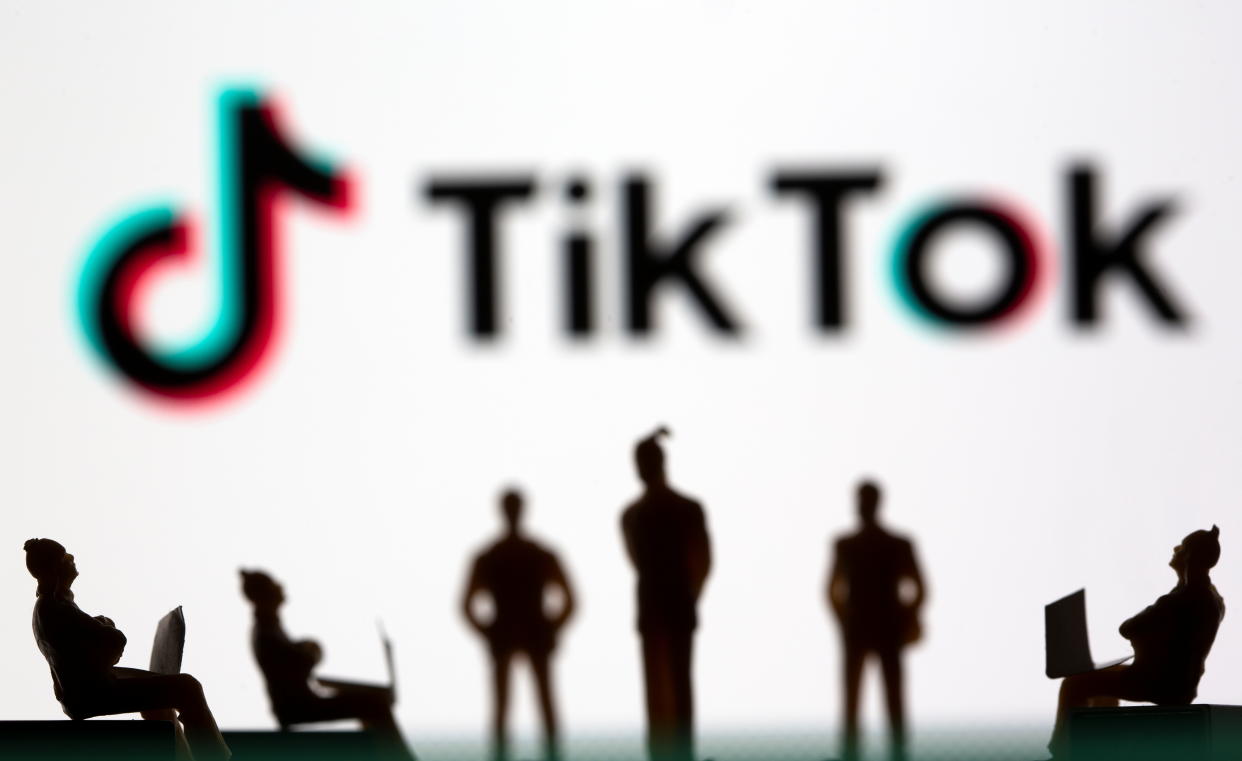Hiring via TikTok: the pros and cons

TikTok is known for its viral dance content and animal clips, but the app is expanding. The video sharing platform has announced it is branching out into recruitment for media-savvy workers – and will allow users to apply for jobs directly using video CVs.
The short-term pilot programme, called TikTok Resumes, is only being trialled in the US and allows applicants to apply for jobs at companies such as Chipotle, Target and Shopify. More than 30 companies have signed up to accept resumes for the pilot, which will last until 31 July.
Users create a video CV, post it to TikTok and then send that video to recruiters via the app. An instructional video for the pilot programme recommends applicants don’t include personal contact information like their email address in the publicly shared video.
The scheme aims to help Gen Z applicants, who have been hit hard as a result of the pandemic, to find work. But will the scheme come with benefits other than attracting younger job candidates – and what are the downsides of hiring via social media?
"Recruiting has evolved exponentially over the past few years. Employers have shifted from a ‘post and pray’ mentality to now having to source talent through various non-traditional methods,” says HR expert Kira Meinzer, chief people officer at Envoy Global.
“The pandemic took the new recruiting landscape one step further – in-person networking events became a thing of the past and employers opted for a remote workforce, causing even more unconventional recruitment methods to surface.”
Read more: How the psychological risks of remote working can impact belonging and inclusivity
While TikTok recruiting is still in its early stages, it is poised to be valuable in attracting younger employees as Gen Z enters the workforce. Applying for jobs is notoriously laborious – and swapping traditional cover letters for videos may make the process more interesting and creative.
Allowing candidates to apply for roles using a video CV may also give recruiters more of an insight into what an applicant is really like. Sometimes, a standard CV or cover letter can only tell a hiring manager so much.
“Hiring via social media is also powerful because it helps employers adapt their strategy based on the specific roles they’re recruiting for and pinpoint where passive talent might be hiding,” says Meinzer.
“This is extremely important for employers who rely on foreign national talent because social media platforms can help source global talent and streamline the often-challenging communication process.”
TikTok may be an effective way to reach Gen Z and millennial candidates, but there are some downsides. There isn’t much research into whether social media information can enhance the effectiveness or fairness of the hiring decision, says Eric Sydell, executive vice-president of innovation at Modern Hire.
“TikTok is certainly an exciting new recruiting tool, but companies need to keep their hiring goals in mind and not be distracted by TikTok’s hype,” he says. “It’s important to separate a recruiting opportunity from one that provides data that can be used to vet candidates and determine who is most likely to succeed on the job.”
Candidates also need to be cautious when using social media for professional purposes, Sydell warns.
“A company may have the ability to click on your TikTok profile to see other videos besides your video resume. Because TikTok was not originally created to be a professional platform like LinkedIn, recruiters may see more than a candidate anticipated or wanted,” he says.
“Though it’s a great way to provide a window into your personality, be sure to consider whether you would want a future employer viewing your TikTok content.”
Read more: What to do if your employer is stalking you on social media
Although TikTok resumes may give recruiters an insight into a candidates’ personalities, this can be problematic and potentially lead to bias. “While personality is often one component of the hiring process, it should ideally be measured with psychometric assessments or other rigorous, proven hiring techniques rather than judged based on a simple video,” says Sydell.
“Humans are prone to bias. We connect with people who are similar to ourselves – and this can often be a major problem in the hiring process. Video resumes and applications like TikTok’s offering may favour extroverted, funny and confident candidates, and leave more qualified candidates who don’t necessarily have these characteristics behind.”
It’s vital for recruiters and hiring managers to check their biases in order to find the right candidates for their open positions. Sydell adds: “It’s also crucial that they leverage science-backed hiring and selection practices that are efficient, effective and fair, which ultimately can help eliminate those biases that we all carry.”


